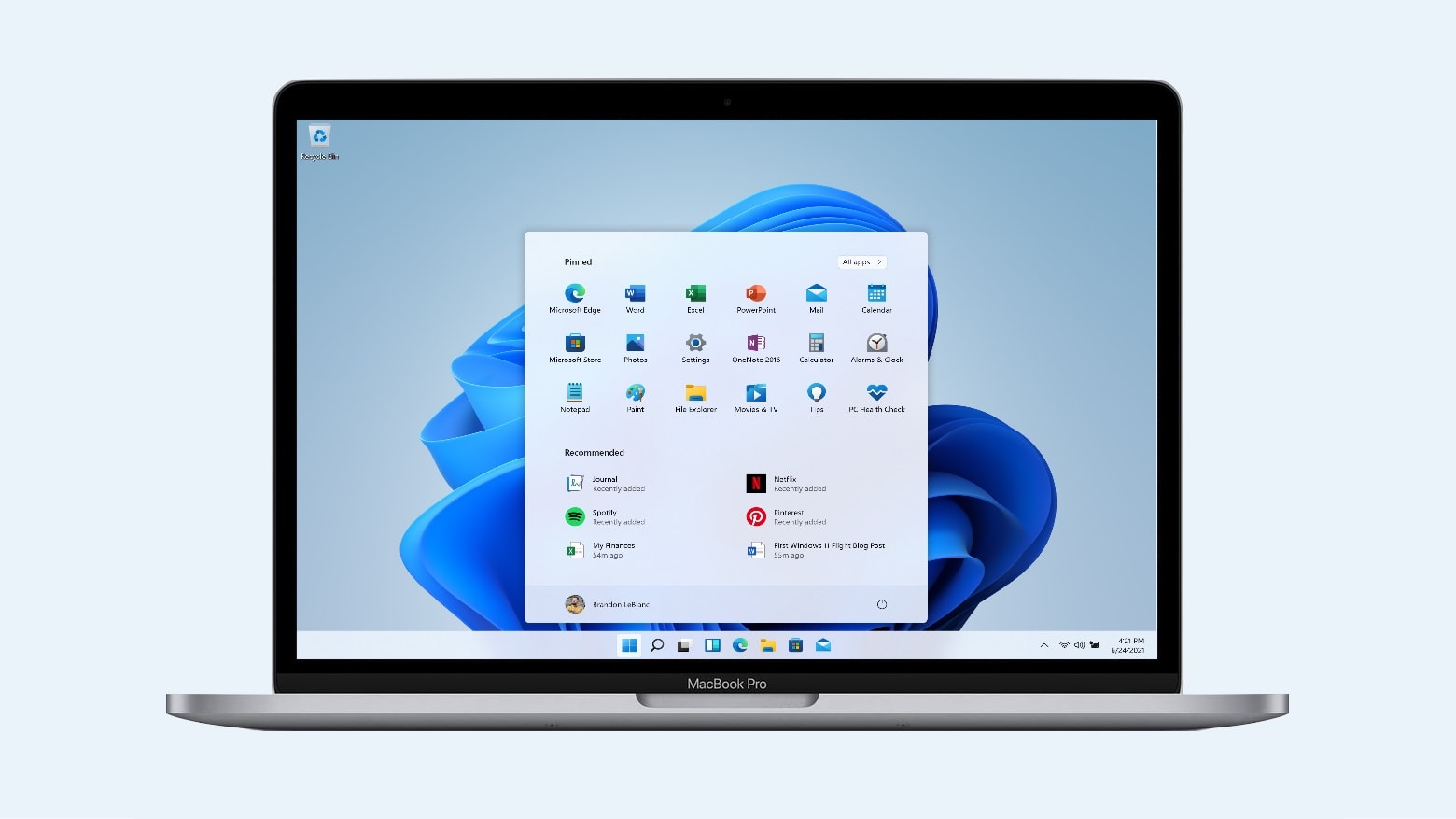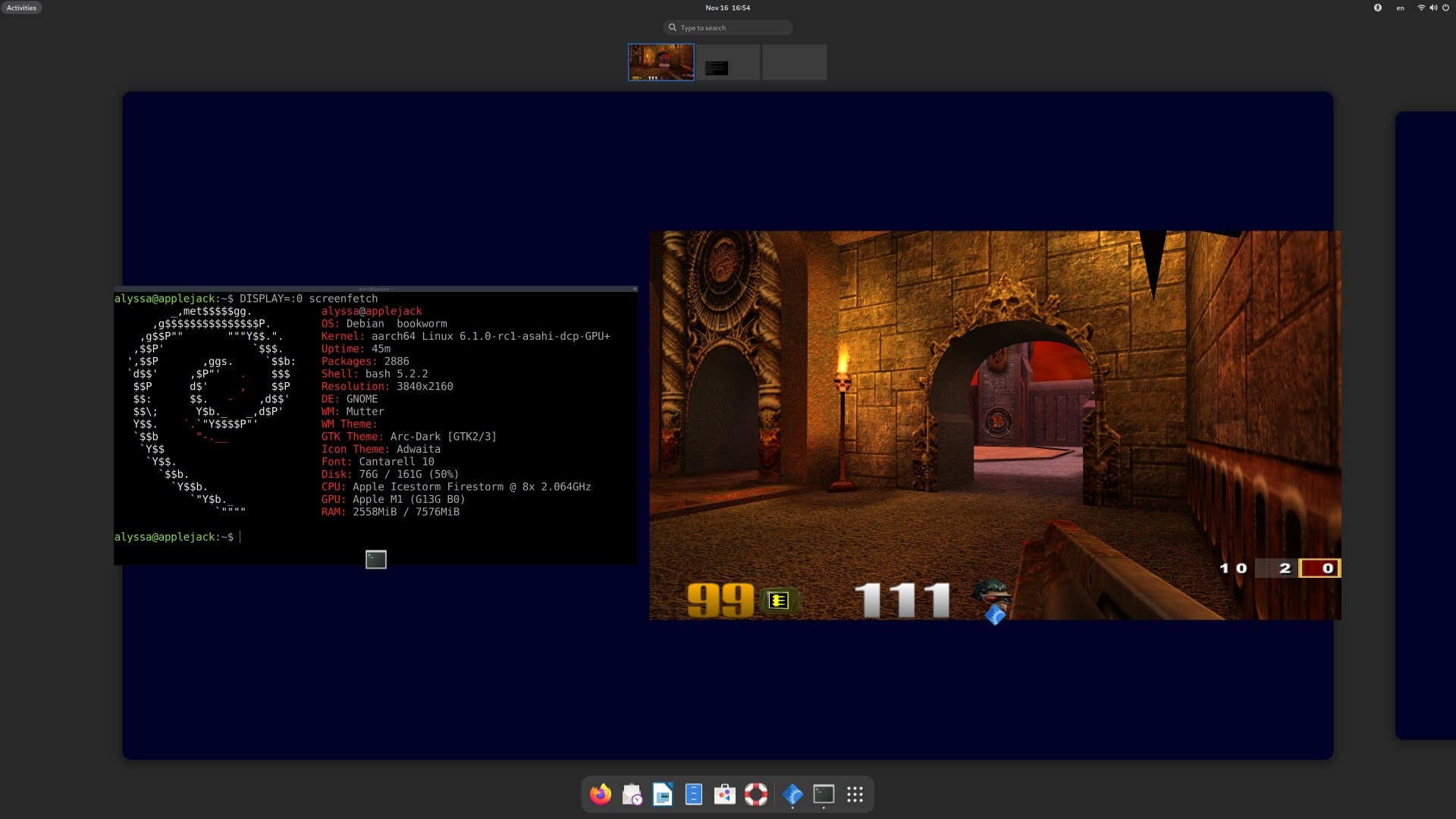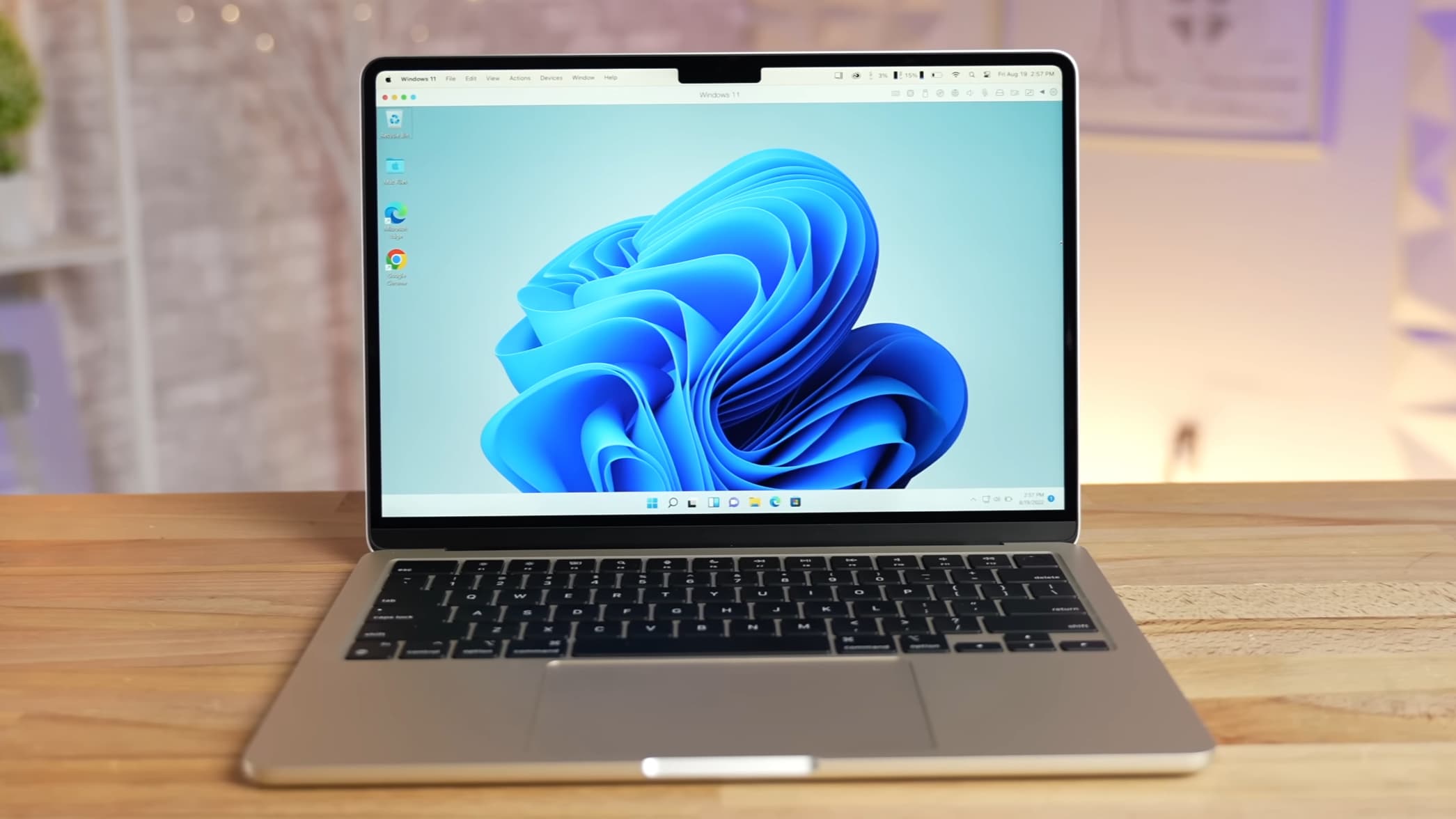Correction: This story was based on a misunderstanding of the facts. We published a correction to set the matter straight. Read that instead of the story below.
Linux has officially added support for Apple silicon in its latest release. Ubuntu and Fedora, two of the most popular distributions of Linux, will soon be integrating this feature.
While it’s still early for Apple silicon support, and not all computers with M-series chips will work, this is a significant milestone for Linux users. Computer scientists, programmers and hobbyists have not yet been able to fully take advantage of Apple’s powerful new hardware.
Linux is now officially supported on Apple silicon

Photo: Cult of Mac
Every Mac with an Intel chip inside (from 2006 to the last few years) has been highly flexible. You could easily install Windows or Ubuntu alongside macOS. Just reboot your Mac, hold down the Option key and pick your operating system.
While the Intel x86 architecture is well-understood and documented, Apple silicon presented a totally new philosophy to computer engineering. That meant that while your new Mac could run unplugged all day long and barely break a sweat, you were stuck inside macOS.
It wasn’t easy work
Rewriting big portions of the Linux kernel to take advantage of Apple silicon would be a long, arduous effort.

Screenshot: Alyssa Rosenzweig & Asahi Lina/Asahi Linux Blog
Alyssa Rosenzweig and Asahi Lina have been working hard on developing Asahi Linux, a fork of the open-source operating system where they can experiment with Apple silicon. When we last checked in, they had made significant progress on getting 3D graphics to run natively on the M1’s GPU.
Their work has paid off. Version 6.2 of the Linux kernel, tagged for release on February 20, will be soon adopted by Ubuntu and Fedora, two user-friendly Linux desktop environments. That means that you’ll be able to boot your Mac straight into Ubuntu rather than run it on top of macOS.
Not for the faint of heart
Don’t get too excited, though; a lot of important features are unimplemented so far. If you have an M1 MacBook Air, you can use Wi-Fi and Bluetooth, but you can’t play sound out of the speakers or use Touch ID. Features like the keyboard backlight or the headphone jack are available through the Asahi Linux project, but have not been added back into the full Linux kernel; these features won’t be included in Ubuntu yet.
The M2 machines, being only a few months old, are even slimmer pickings. Only the MacBook Air and 13-inch MacBook Pro, released last summer, are supported by Asahi Linux. Installers for the new Mac mini and MacBook Pro haven’t been announced.
Meanwhile, in Redmond…

Screenshot: Max Tech
What about Windows? Users will be able to run 64-bit ARM-compatible Windows apps using Parallels Desktop, according to a Microsoft support document. This is still through virtualization — it needs to run on top of macOS; you can’t boot into a full Windows desktop environment.
Very few Windows apps and even fewer games on are compiled for ARM, as the PC industry is still deeply entrenched in the Intel x86 architecture, so don’t plan on replacing your gaming PC with that Apple silicon Mac Pro whenever it’s released.
![Linux is now officially supported on Apple silicon [Correction: No it’s not] The Year of Linux on the Mac](https://www.cultofmac.com/wp-content/uploads/2023/02/The-Year-of-Linux-on-the-Mac-1536x1213.jpg)

